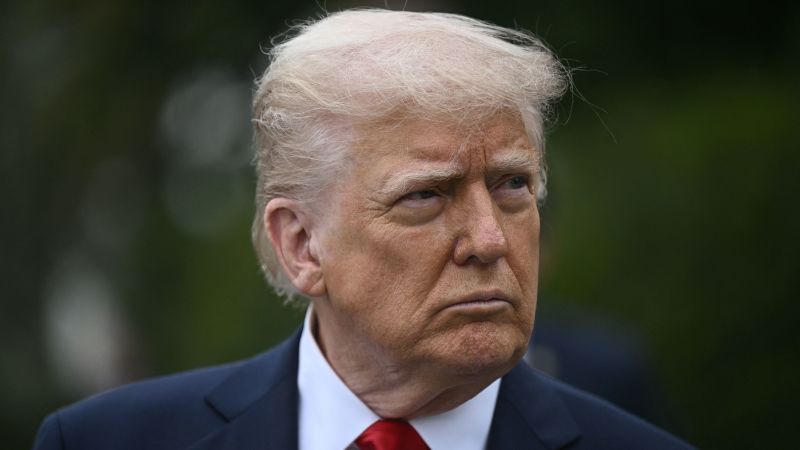Hollywood Shakeup: Trump Slaps Massive 100% Tariff on International Cinema

In a dramatic escalation of his ongoing trade tensions, President Donald Trump has now set his sights on Hollywood, bringing the trade war into the realm of entertainment. The latest move signals a broader strategy to challenge international media and cultural industries, extending beyond traditional economic battlegrounds.
Trump's unexpected foray into cinema-related trade policies suggests a complex interplay between economic diplomacy and cultural influence. By targeting the film industry, the administration appears to be sending a clear message about global trade dynamics and American economic interests.
The extension of trade pressures into the entertainment sector represents a novel approach to international negotiations, potentially reshaping how global media and economic relationships are conducted. Industry experts are closely watching the potential ripple effects of this unprecedented strategy.
While specific details of the cinema-related trade measures remain to be fully disclosed, the move underscores the Trump administration's willingness to pursue unconventional methods in pursuing its economic and diplomatic objectives.
